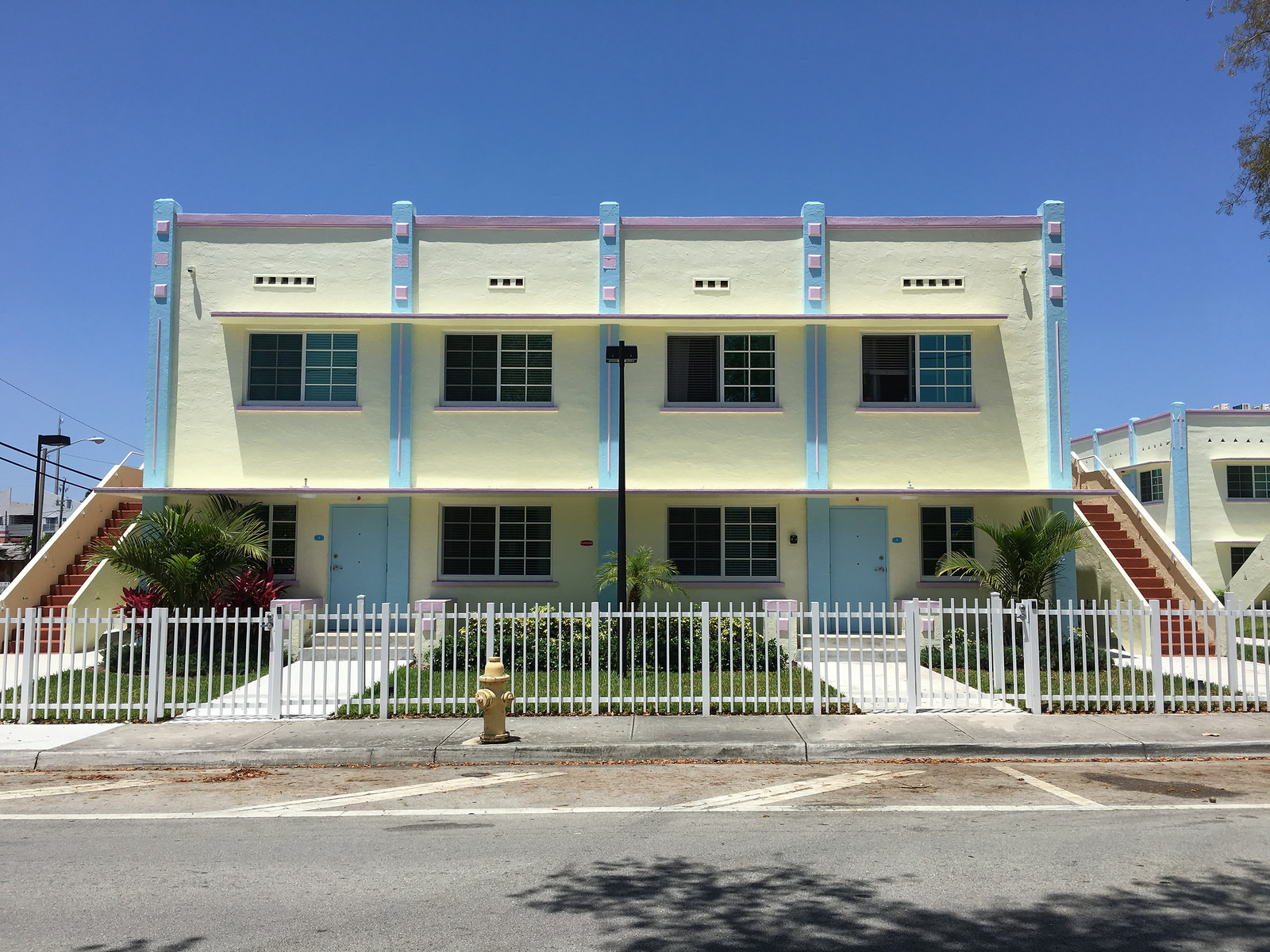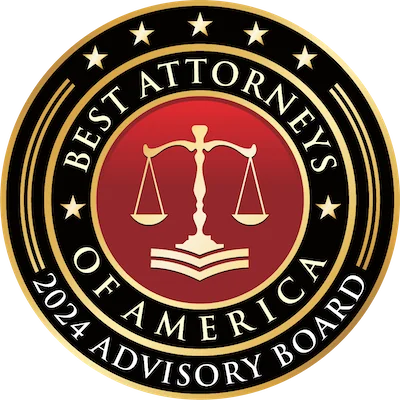Personal injury claims by tenants against their landlords are not uncommon in Florida, where about 35% of residents are renters. Landlords, like all property owners, are subject to claims of negligence by any person injured while legitimately on their premises. Florida law (83.51 Landlord’s obligation to maintain premises) goes further, recognizes that a landlord’s duty of care applies to spaces and structures that are of particular concern for tenants’ safety, and defines these in detail.
The idea of constructive knowledge often plays an essential role in the determination of a landlord’s negligence. It must be shown that the landlord knew of the danger but didn’t address it. A landlord’s defense may be that the problem had not been reported, and so he or she didn’t have actual knowledge of it. However, Florida courts have established that landlords must be judged as if they had actual knowledge of a hazard if they should have had knowledge of it. This is constructive knowledge, which the courts regard as referring to a hazard which “…occurred with regularity and consequently, was foreseeable.”
In the Florida case which established this principle, a tenant was injured in an elevator slip-and-fall accident caused by water on the elevator floor. The wet floor was the result of the chronic, long-time use of the elevator by tenants coming in from the swimming pool, dripping wet. A rule was in place requiring tenants coming in wet from the pool to use the service elevator, but it was widely ignored. The landlord had placed carpeting in both elevators to address this hazard but had removed it after some period.
The court found that the landlord had constructive knowledge of the slippery floor hazard in the elevator at the time of the tenant’s accident, although he didn’t have actual knowledge that the elevator floor was wet and slippery at that particular time. First, the problem had been chronic and ongoing for a long time, that is, it “…occurred with regularity and consequently, was foreseeable.” Furthermore, the landlord had previously tried to address the recurring hazard with carpeting, demonstrating awareness of it, but had stopped, an additional support for constructive knowledge.
Tenants in single-family homes and duplexes should be aware that Florida law provides landlords with some flexibility regarding duties to maintain specific portions of the property when these are specified in writing. Landlords renting sites to mobile home owners are sheltered from liabilities related to the mobile home itself. In any case of tenant injury, a personal injury attorney should be asked to review the particulars and determine whether a claim against the landlord should be pursued.




